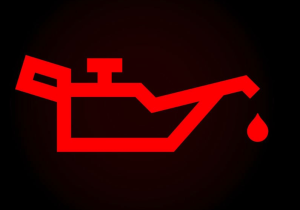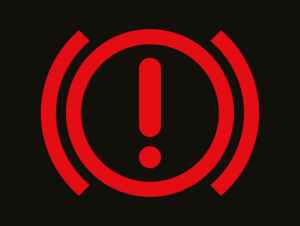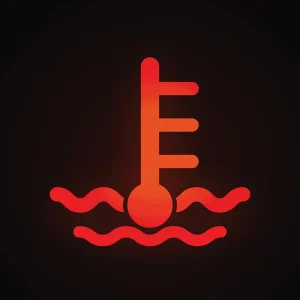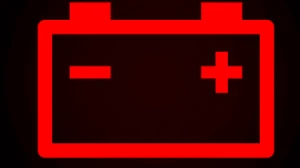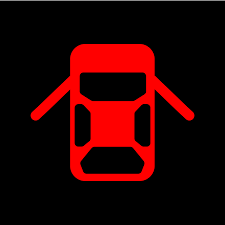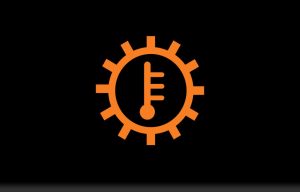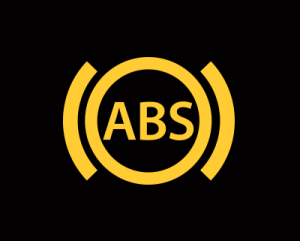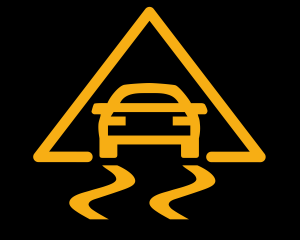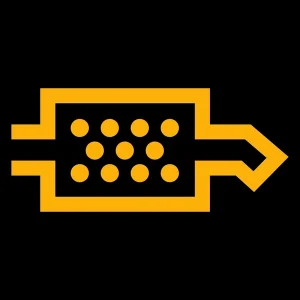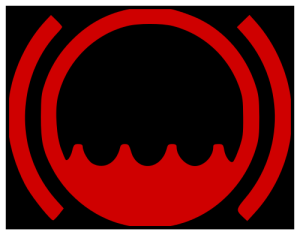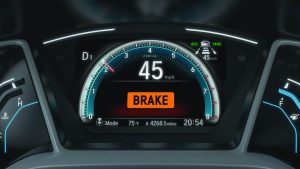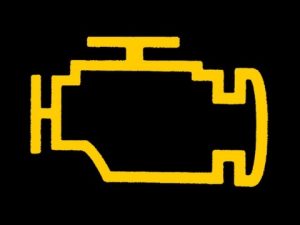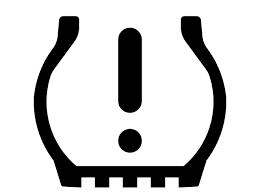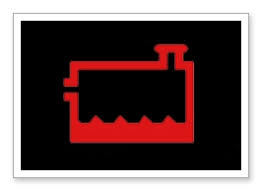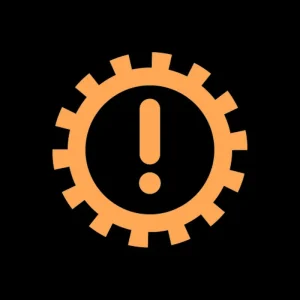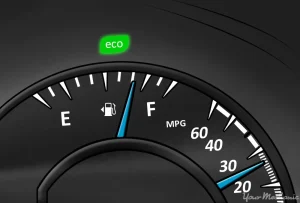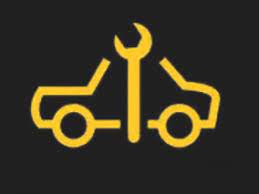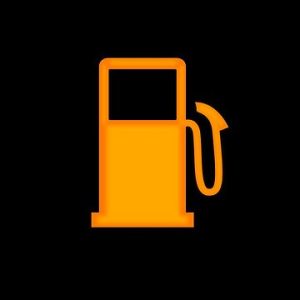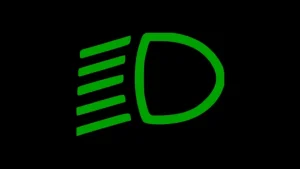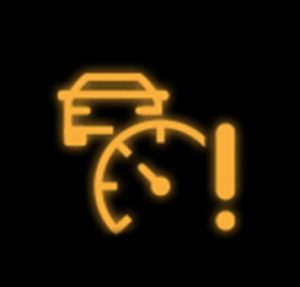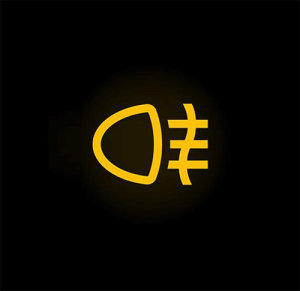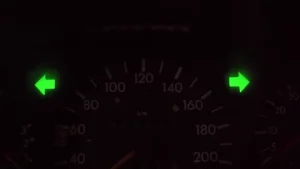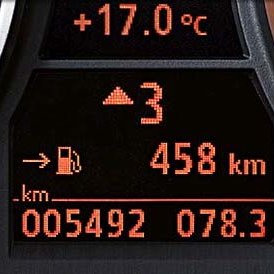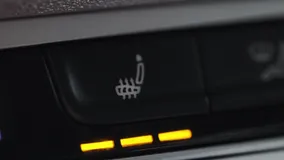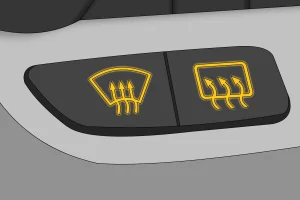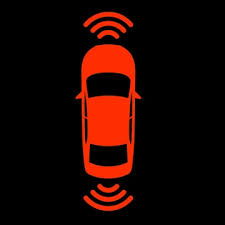Understanding dashboard warning lights in your Mahindra Scorpio is essential for safe driving and preventing costly repairs. These lights alert you to potential issues ranging from minor notifications to critical problems that could lead to breakdowns or accidents. By recognizing them promptly, you can take appropriate actions like stopping the vehicle or scheduling maintenance, ensuring your Scorpio runs smoothly and reliably.
Quick Navigation
Red Warning Lights (Stop Immediately)
Engine Oil Pressure
Low oil pressure can cause engine damage from lack of lubrication. Possible causes include oil leaks or pump failure. Stop the vehicle right away, check the oil level, and do not drive until fixed; seek a mechanic immediately.
Brake System Alert
Indicates low brake fluid or a hydraulic issue that could lead to brake failure. Causes might include leaks or worn pads. Pull over safely, avoid driving, and contact a service center for inspection and repair.
High Coolant Temperature
Engine overheating due to low coolant, radiator problems, or thermostat failure. This can warp engine parts if ignored. Stop driving, let the engine cool, check coolant levels, and visit a mechanic urgently.
Battery Charge Warning
The battery is not charging properly, possibly from a faulty alternator or loose connections. This may cause the vehicle to stall. Stop and turn off the engine; have the charging system checked by a professional.
Airbag System Fault
A problem in the airbag system, like a sensor error, means airbags might not deploy in a crash. Common causes include wiring issues. Stop and get it inspected at a service center to ensure passenger safety.
Power Steering Failure
Loss of power assistance makes steering hard, often due to fluid leaks or pump issues. This poses a driving hazard. Pull over immediately and arrange for towing to a mechanic for repairs.
Seatbelt Reminder (Unbuckled)
Alerts if seatbelts are not fastened, increasing injury risk in accidents. It may flash with an alarm. Buckle up before driving; if it persists, check sensors at a service center.
Door Ajar Warning
A door, hood, or trunk is not fully closed, which could open while driving. Causes include faulty latches. Stop and secure all doors; if the light stays on, inspect for damage.
Transmission Overheat
Transmission fluid is too hot, possibly from heavy towing or low fluid. This can damage gears. Stop the vehicle, allow cooling, and have fluid levels checked by a mechanic.
ABS System Fault
Anti-lock braking system malfunction, reducing braking effectiveness in emergencies. Causes include sensor failures. Stop safely and seek immediate service to restore braking safety.
ESP Malfunction
Electronic stability program issue, affecting vehicle control on slippery roads. Possible sensor or wiring problems. Pull over and have it diagnosed at a service center promptly.
DPF Overload
Diesel particulate filter is clogged, leading to exhaust issues and potential engine damage. Caused by short trips or poor fuel. Stop and consult a mechanic for regeneration or replacement.
Glow Plug Failure
Diesel engine pre-heating system fault, making starting difficult in cold weather. Worn plugs or wiring issues. Avoid driving in cold; get it fixed to prevent starting problems.
Brake Fluid Low
Brake fluid level is critically low, risking brake failure. Leaks or worn components are common causes. Stop immediately, top up fluid if possible, and visit a mechanic.
Emergency Brake Engaged
Handbrake is on while driving, which can overheat brakes. Simply release it, but if it sticks, stop and check for mechanical issues.
Yellow/Amber Warning Lights (Action Required Soon)
Check Engine Light
General engine issue, like emissions problems or sensor faults. Causes vary from loose gas cap to major malfunctions. Schedule a service visit soon to diagnose and fix.
Tyre Pressure Monitoring
One or more tyres have low pressure, affecting handling and fuel efficiency. Punctures or slow leaks are common. Check and inflate tyres; if it persists, inspect for damage.
Coolant Level Low
Coolant is below safe levels, risking overheating if not addressed. Leaks or evaporation cause this. Top up coolant and monitor for leaks; see a mechanic.
Transmission Fault
Minor transmission issue, like sensor error, affecting shifts. Have it scanned at a service center soon to prevent worsening.
Eco Mode Deactivated
Eco driving mode is off, possibly due to system fault. It affects fuel efficiency. Reactivate or check for errors in settings.
Service Due Reminder
Vehicle is due for routine maintenance based on mileage. Ignoring can void warranty. Schedule an appointment promptly.
Bulb Failure
A light bulb, like headlamp or brake light, is out. Replace the bulb to maintain visibility and avoid fines.
Fuel Level Low
Fuel is running low; refuel soon to avoid stranding. Monitor gauge and fill up at the next station.
Windscreen Washer Low
Washer fluid is low; refill to keep windscreen clear. No immediate risk, but address for safe driving.
Green Information Lights (Information Only)
Low Beam Headlights On
Front low beam lights are active for normal driving. No action needed; they improve visibility in low light.
High Beam Headlights On
High beam lights are engaged for better night visibility. Dim them for oncoming traffic to avoid blinding others.
Cruise Control Active
Cruise control is set and maintaining speed. Adjust as needed; it’s for highway use to reduce fatigue.
Parking Lights On
Side or parking lights are illuminated for stationary visibility. Turn off when not needed to save battery.
Fog Lights Active
Front or rear fog lights are on for poor weather. Use only in fog; switch off in clear conditions.
Turn Signal Indicator
Blinkers are active, showing direction change. They auto-off after turns; manual if needed.
Hazard Lights On
All blinkers flashing for emergency alerts. Use when stopped; turn off when resuming drive.
Transmission in Drive
Gear is in drive mode. Normal operation; shift as required for driving.
Heated Seats On
Seat heaters are activated for comfort. Adjust levels or turn off when warm enough.
Windscreen Defrost On
Defroster is clearing frost from glass. It auto-shuts or manual off once clear.
Parking Sensors Active
Sensors are detecting nearby objects while parking. Listen for beeps; no other action.
Automatic Wipers On
Wipers adjust speed based on rain. Manual override if needed for control.
Odometer Reading
Displays total mileage. Reference for maintenance scheduling.

